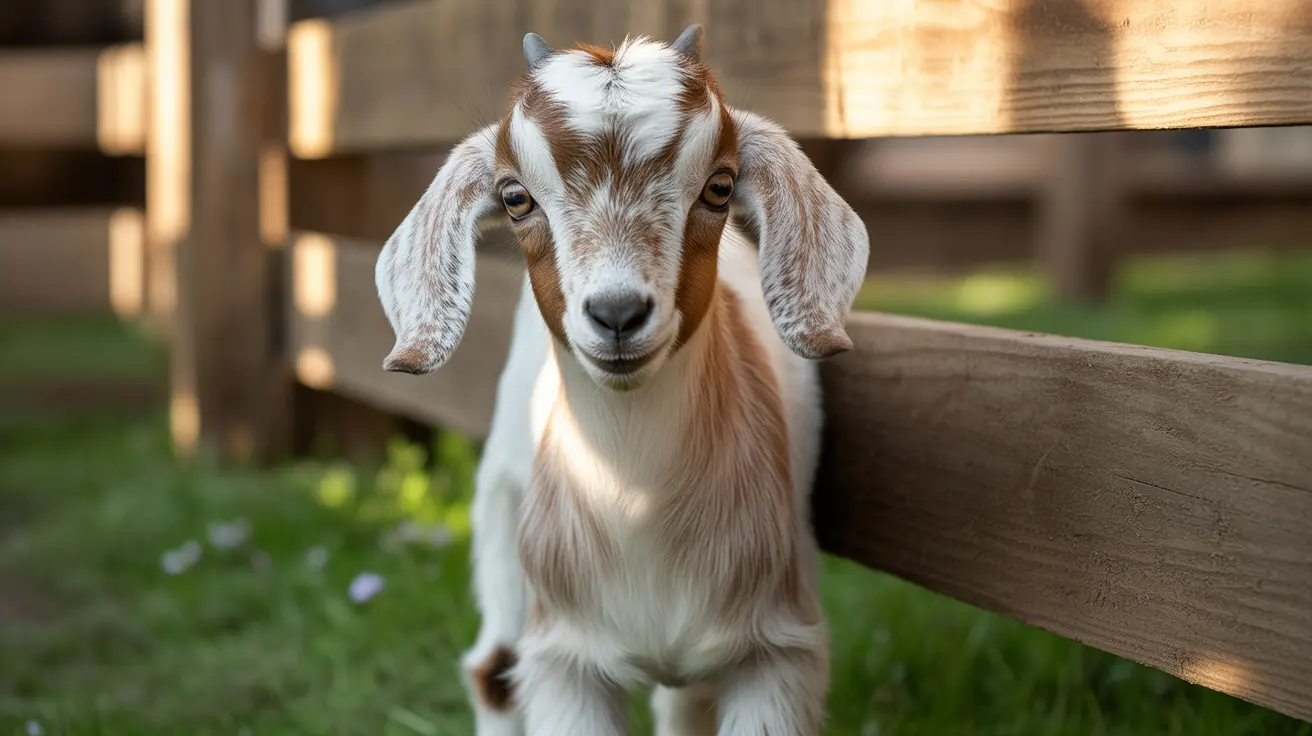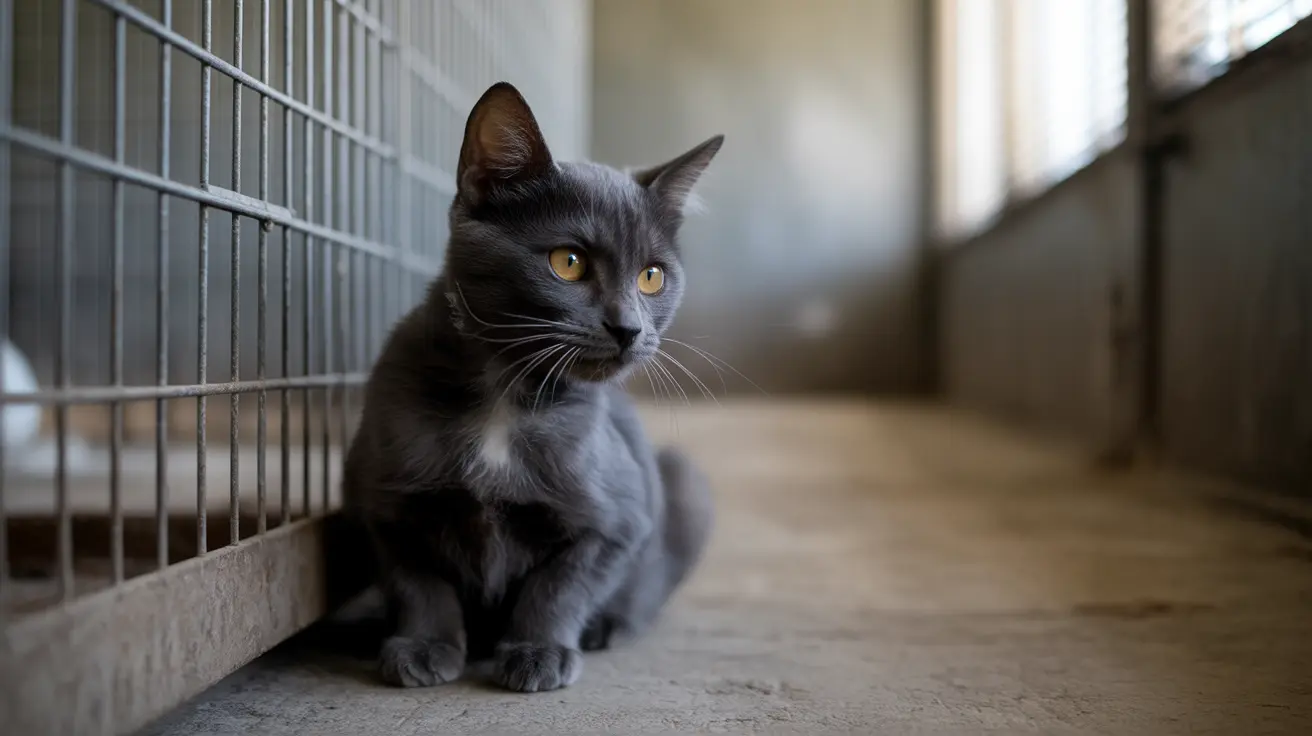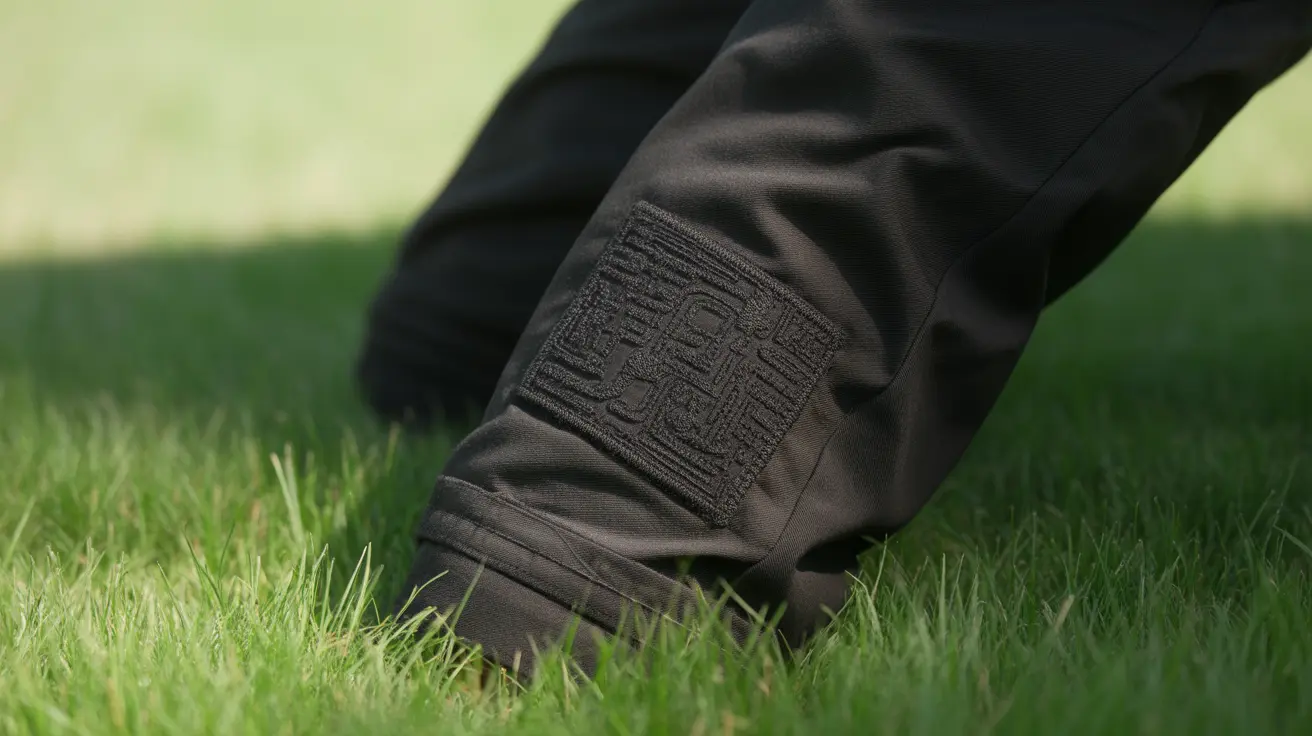Can Dogs Eat Vanilla Cupcakes? A Comprehensive Guide
As pet owners, it's natural to want to share special moments and treats with our furry friends. But when it comes to desserts like cupcakes, especially vanilla cupcakes, caution is crucial. While a small bite may seem harmless, human baked goods can pose unexpected risks to dogs.
Is Vanilla Cake Safe for Dogs?
A plain vanilla cake may appear to be an innocent treat, but even small servings can be problematic. Dogs can eat tiny amounts of plain sponge or vanilla cake on rare occasions. However, large servings or regular feeding of such treats can lead to significant health issues.
- Digestive upset: Vomiting, diarrhea, and lethargy
- Obesity: Linked to arthritis, heart problems, and reduced mobility
- Dental disease: Caused by sugary foods
- Diabetes and pancreatitis: High-fat and high-sugar foods contribute to these conditions
Ingredients to Avoid in Cupcakes
Many standard cupcake recipes contain ingredients that are toxic or harmful to dogs. Examples include:
- Chocolate: Highly toxic and can cause severe symptoms and death
- Xylitol: A sugar substitute that causes rapid insulin release, liver failure, or death
- Raisins and grapes: Can cause kidney failure
- Macadamia nuts: Trigger vomiting, weakness, and tremors
- Nutmeg and alcohol (found in extracts): Can cause serious neurological symptoms or be fatal
Always check the ingredient list carefully. Even small amounts of harmful substances can result in an emergency and require immediate veterinary care.
What About Dairy and Eggs?
Eggs are generally safe for dogs, but may cause allergic reactions in some. Dairy-based frosting and fillings can lead to upset stomachs in lactose-intolerant pets. Dogs vary in their tolerance, but many experience gastrointestinal discomfort after consuming dairy products.
Are Vanilla Flavorings Safe?
Vanilla extract and essence contain high levels of alcohol, which is toxic to dogs. While baking usually burns off the alcohol content, feeding plain vanilla extract or uncooked batter is dangerous. Vanilla pods are non-toxic but nutritionally irrelevant to dogs.
What to Do If Your Dog Eats a Vanilla Cupcake
- Identify ingredients: Was the cupcake free from chocolate, xylitol, grapes, or other toxic substances?
- Monitor your dog: Watch for vomiting, diarrhea, weakness, or lethargy
- Withhold food: Skip food for 12–24 hours but ensure water is available
- Seek veterinary care: If toxic ingredients were consumed or symptoms worsen
Serious symptoms such as pale gums, collapse, or abdominal pain mean immediate veterinary attention is required.
Better Treat Alternatives
Instead of giving your dog human desserts, opt for healthier and dog-friendly treats like:
- Plain cooked lean meats
- Vegetables: Carrot, pumpkin, or sweet potato
- Fruits: Plain apples (no seeds or cores)
- Commercial dog treats
You can also make or buy special dog cakes and “pupcakes” using ingredients such as:
- Oat or whole wheat flour
- Plain pumpkin or banana
- Eggs
- Minimal added sugars
Look for products labeled “dog-friendly” and read the ingredient list carefully.
Final Advice
While a small piece of vanilla cupcake won’t necessarily harm your dog if it’s free of toxic ingredients, offering human desserts is neither safe nor beneficial. Dogs thrive on a balanced diet of meat, vegetables, and species-appropriate treats. Practicing responsible feeding and eliminating sweets from their diet will help ensure a longer, healthier life.
Celebrate your dog’s special day with a treat made for their unique body, not ours. When in doubt, consult your veterinarian before offering anything new.





